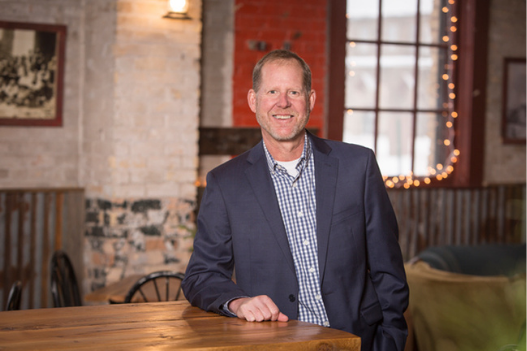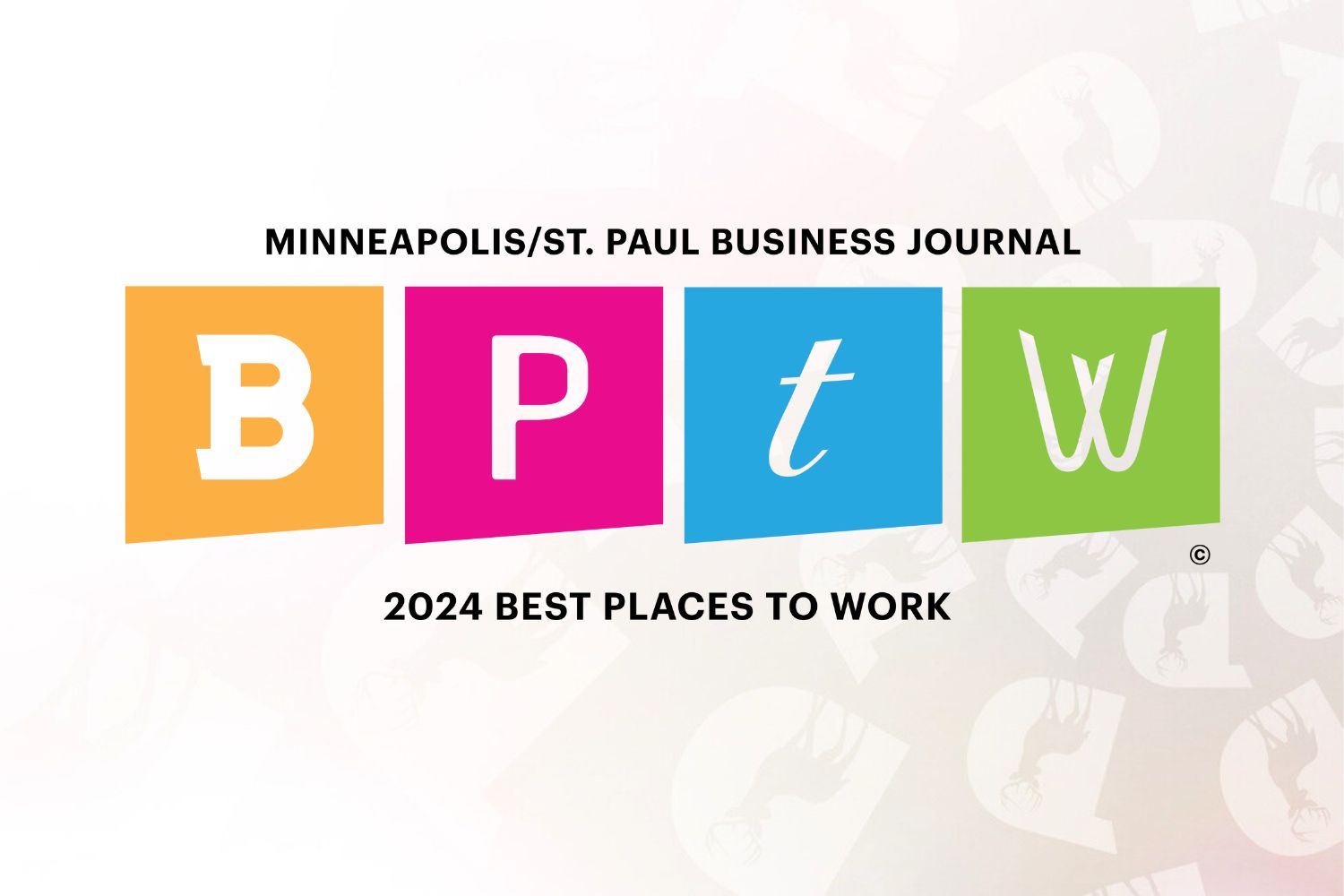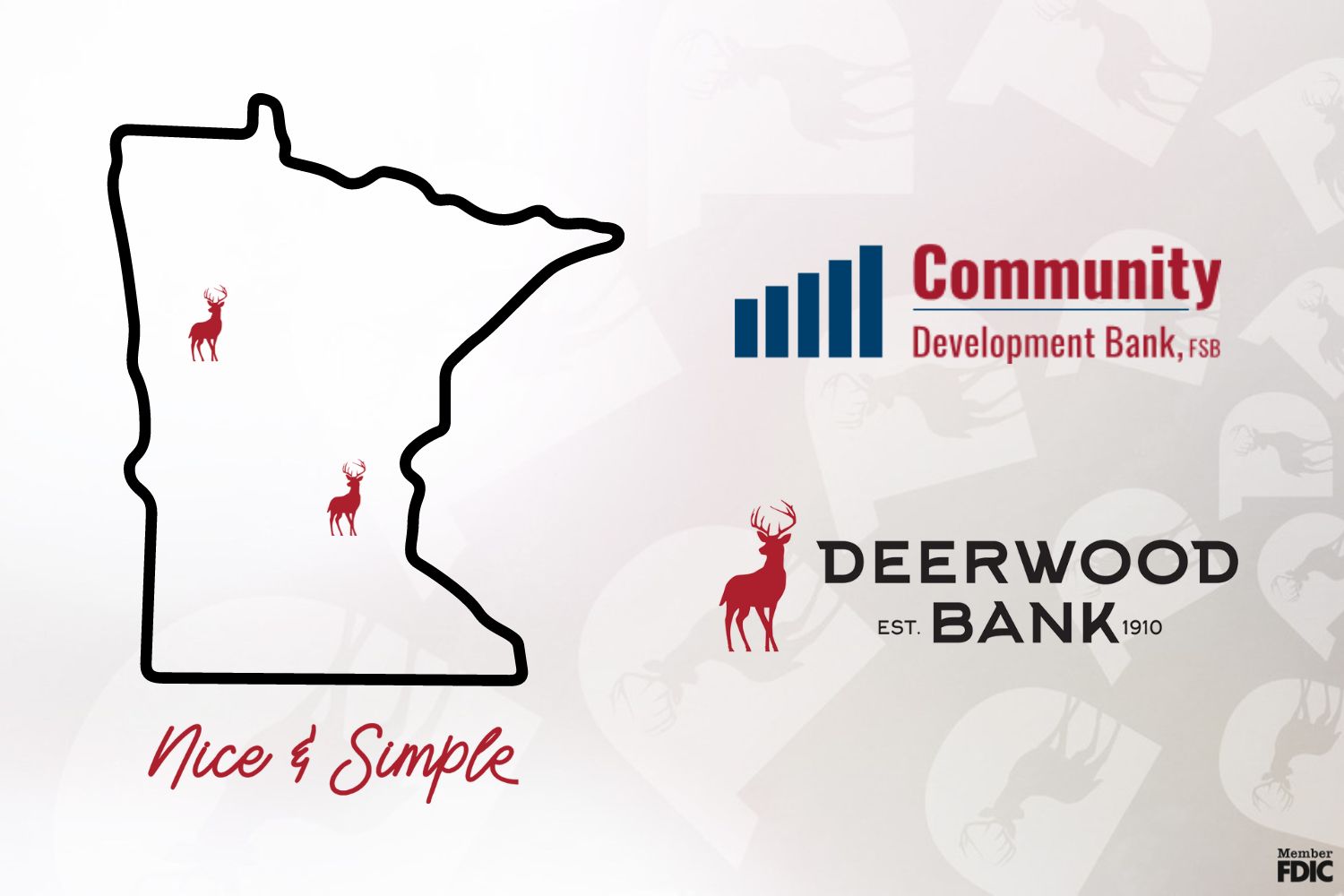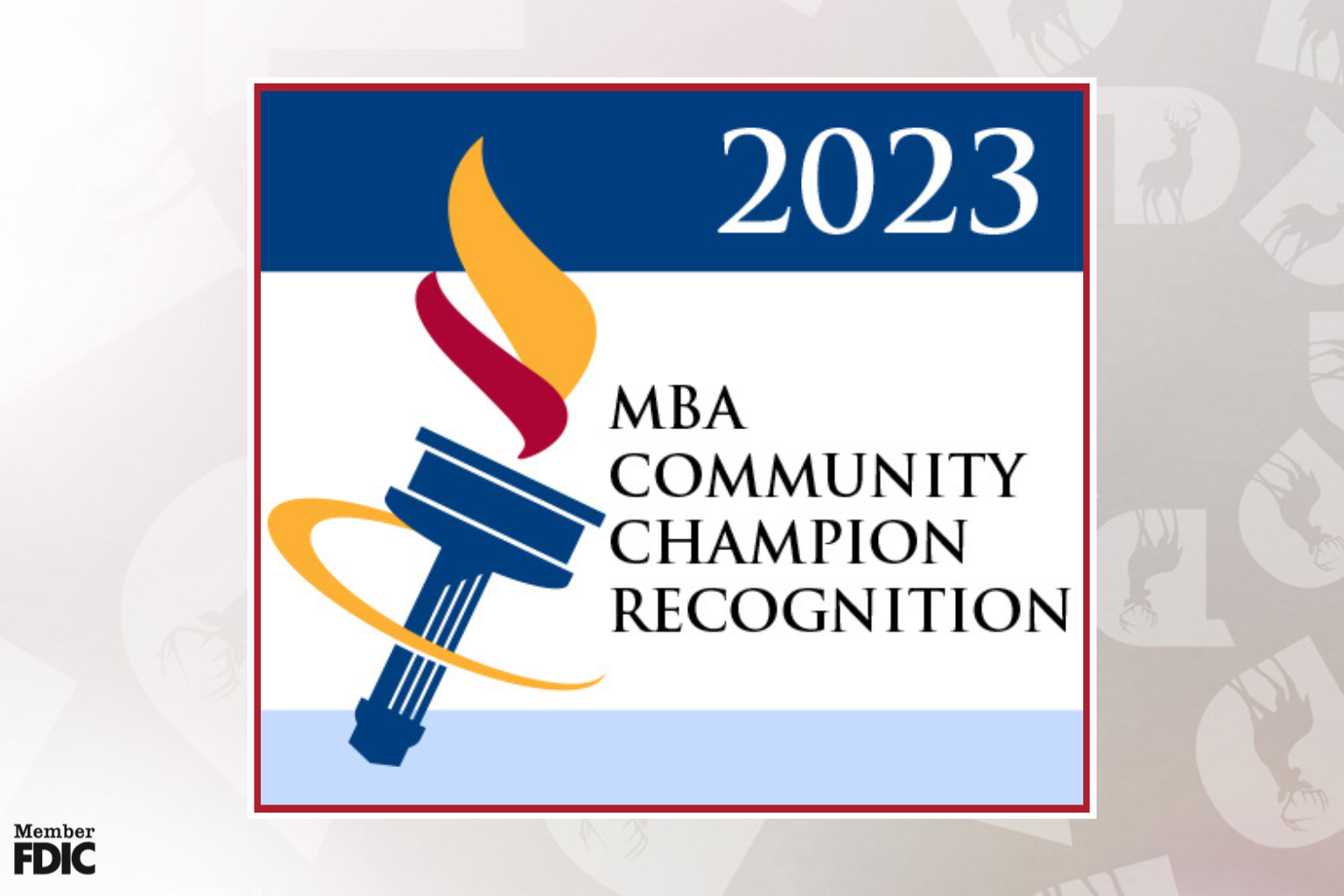I get asked all the time, “What is a Community Bank? What does that even mean?”. Well, to give a simple answer, regulators and legislators often refer to banks with less than $1 billion in assets as community banks, but still – what’s the difference for a consumer? Most people want to know why they should choose a community bank over a larger, nationwide bank?
There are minor and major differences between big banks and community-based banks, most of which don’t affect consumers all that much. However, there are a few key differences that have a direct effect on consumer’s day-to-day banking activities. Let’s look at five major reasons why you should choose a community bank.
- Flexibility. Unlike large banks, community banks are nimble and flexible with products, services, and lending decisions. Community banks are continuously analyzing the market, and quickly adapt their products and services to fit accordingly. On the other hand, large banks struggle to adjust to market trends and new themes in a timely manner. The best analogy I can think of is that community banks are like speed boats, they can quickly change directions if needed. Large banks are like cruise liners; it takes quite a bit of work and time to adjust their course of direction. Like speed boats, community banks will turn and adjust direction in order to meet the needs of your situation.
- Commitment to Community. We LOVE the communities we serve – truly. You can find us cheering on the local hockey team, serving at our local churches, and sponsoring the great causes throughout our communities. Community banks keep it top-of-mind that dollars that go back into the community will in turn help to support the local banking environment. We understand that by supporting community initiatives, we will be backing the same projects and initiatives that our own employees are working on.
- Relationship Banking. Relationship banking is a bit of a buzzword in the banking community, but it really is something that we live by. With community banks, you will work with real people. You call, we answer. Don’t worry about getting hung up in a phone tree of automated voices! Relationship banking spills over into every service that the bank offers. We like to do business with good people. We want to get to know you, drink a beer with you… That’s our kind of relationship banking!
- Local Decision-Making. Unlike big banks, our lending decision-makers are right here in town. We don’t outsource your situation to someone 5 states over. Instead, we believe that local employees have the best concept of your situation and the opportunities that you have. With us, you don’t have to fit into someone else’s cookie cutter model, we create a system that works for you. Our local employees know the potential of your dream!
- Banking Made Nice & Simple. Our tagline TRULY represents who we are as a team. We work to serve you, and we believe the best way for us to do that is by providing Nice & Simple products and services. But this is not just our tagline, we really do live it throughout the bank. Nice – in how we treat each other, how we treat our clients. Simple – in a very complex financial world, we look to make our products as simple and straightforward as possible. I mean free checking accounts, what’s more simple than that?
In a financial world that is rapidly growing towards more and more automation, remember that there are still banks out there that focus on you, the person that we serve. We believe that everyone’s situation is different, so why would we treat you all the same? Stop into one of our banks and I think you will see very quickly we practice what we preach. Nice people, simple products.





